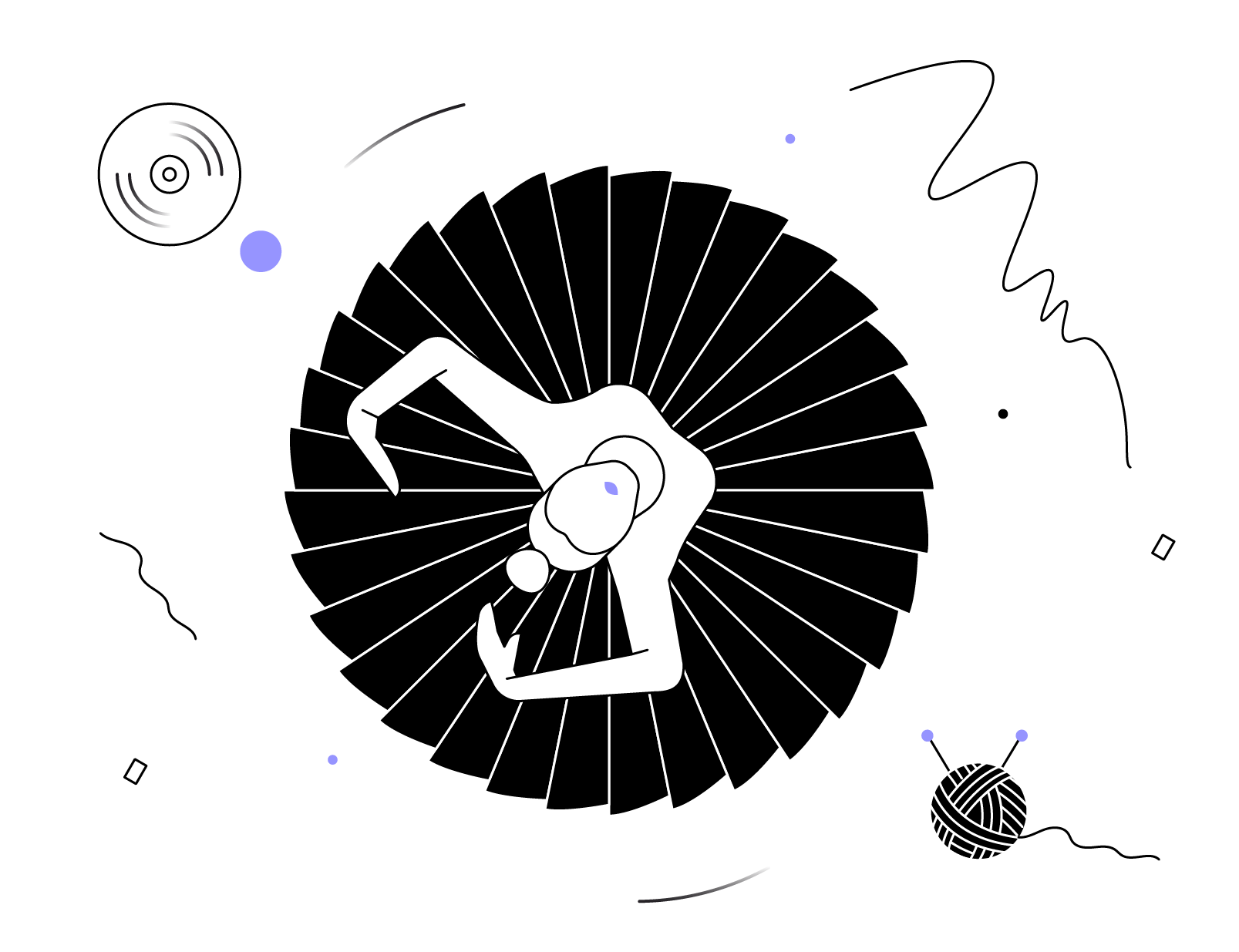When the consumer becomes
»the centre of the universe«
Do you ever feel that shopping for the things that were supposed to entertain you, takes so much time and money that it stops being fun? There is a solution.
The world around us is becoming ever more complex. At the same time, the number of routine tasks we are forced to do to meet our needs and satisfy our wishes, is only increasing. As consumers, it’s hard not to feel like we are spending too much of our time, money, and energy on the necessary routine tasks, as a result of which, we are unable to enjoy the little pleasures that are what truly defines and gives meaning to our lives. Be it spending quality free time with our friends and family, culinary successes, travel experiences, hobbies, or anything else that brings a smile to our face and makes our hearts beat a little bit faster.
That’s why most of us wonder if there is an easier way? Something that would enable maximal automation of routine tasks, and consequently allow us to enjoy life to its fullest. The answer lies in the subscription economy, which has developed in the past few years from a virtually experimental economic practice, into an imposing industry with an enviable growth rate. The secret of its success is mainly that it simplifies as much as possible the daily, time-consuming, dull and/or gruelling tasks, adapts them to consumers’ needs and abilities, and sometimes even makes them fun.
Whether it is saying goodbye to the daily lugging of overflowing grocery bags from the local supermarket, furnishing apartments, ordering audiovisual content on demand, rationalising the purchase of a family vehicle, or discovering new fashion trends, in the past few years, the subscription economy has reached numerous areas that until now were unfamiliar with this type of long-term and engaged way of reaching customers. The industry’s rapid growth is the best evidence that the companies operating in this industry have found their way to the hearts and desires of modern consumers, and the main reason for their success is the four fundamental advantages that the subscription economy offers its customers.
SURPRISES
Consumers, who routinely replenish their stocks, often settle into a »comfort« of monotony because they keep returning to the same foolproof products which they are accustomed to. This saves them the time spent on choosing, but often leaves their desire to discover new products and opportunities unfulfilled. A subscription-based relationship with the buyers, allows the providers to supplement routine purchases with carefully selected novelties or »surprises« that give variety to the shopping experience, expand the buyers’ horizons, and save them from monotony.
SAVINGS
The numerous advantages that the subscription economy brings to product and service providers (a more direct connection between the manufacturer and end buyer, a closer and more long-term consumer relationship, more sensible stock management, etc.) allow them to pass the savings on to the buyers, who end up paying less for the same quantity of goods or services. Furthermore, the automation of meeting the basic routine needs saves time that the buyers can then use to realise their more important, personal wishes.
COMFORT
One of the key objectives of the subscription economy is to facilitate the types of shopping consumers find unpleasant or even unnecessary as much as possible, while making shopping rewarding and comfortable. This way, shopping becomes a pleasant experience where consumers can focus on other things, leaving the routine tasks to the service provider. Providers know that the only way to maintain a close relationship with the consumers is to make shopping a pleasant and comfortable task, where the pursuit of necessary goods is replaced by the fulfilment of wishes.
PERSONAL TOUCH
Dredging through an unwieldy mass of products and services, we often face in traditional shopping, can require an extreme amount of time spent comparing options and searching for suitable solutions to fit our needs. What if the providers themselves worked to recognise our wishes and offer us the best way to make them come true? The subscription economy, which aims to maximise the buyers’ satisfaction and win their trust by building a close and long-term relationship, offers exactly that.
Published in the Futurlist, the magazine to uncover the future










